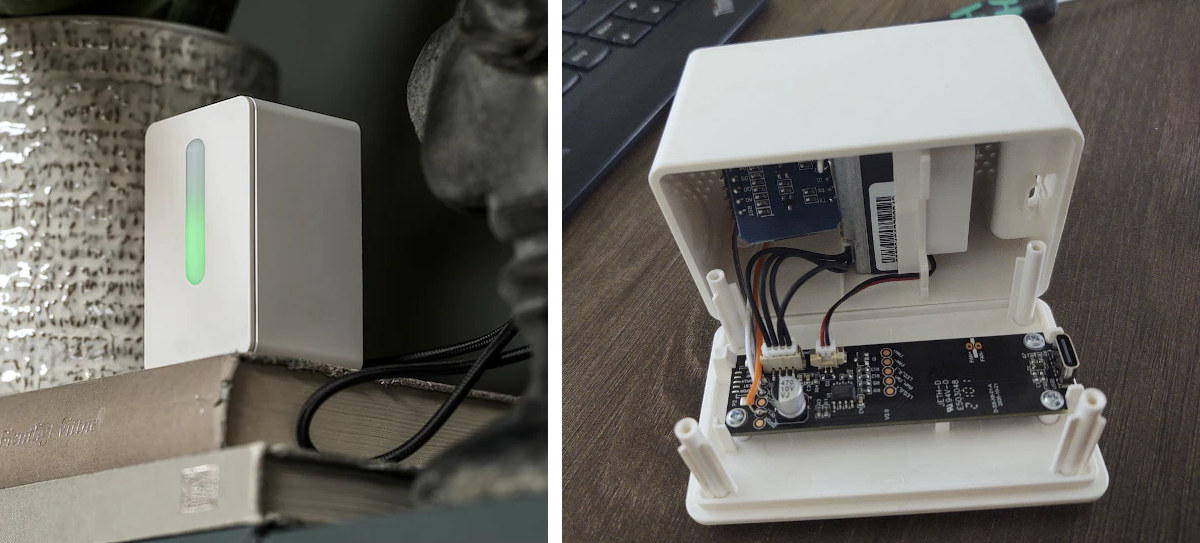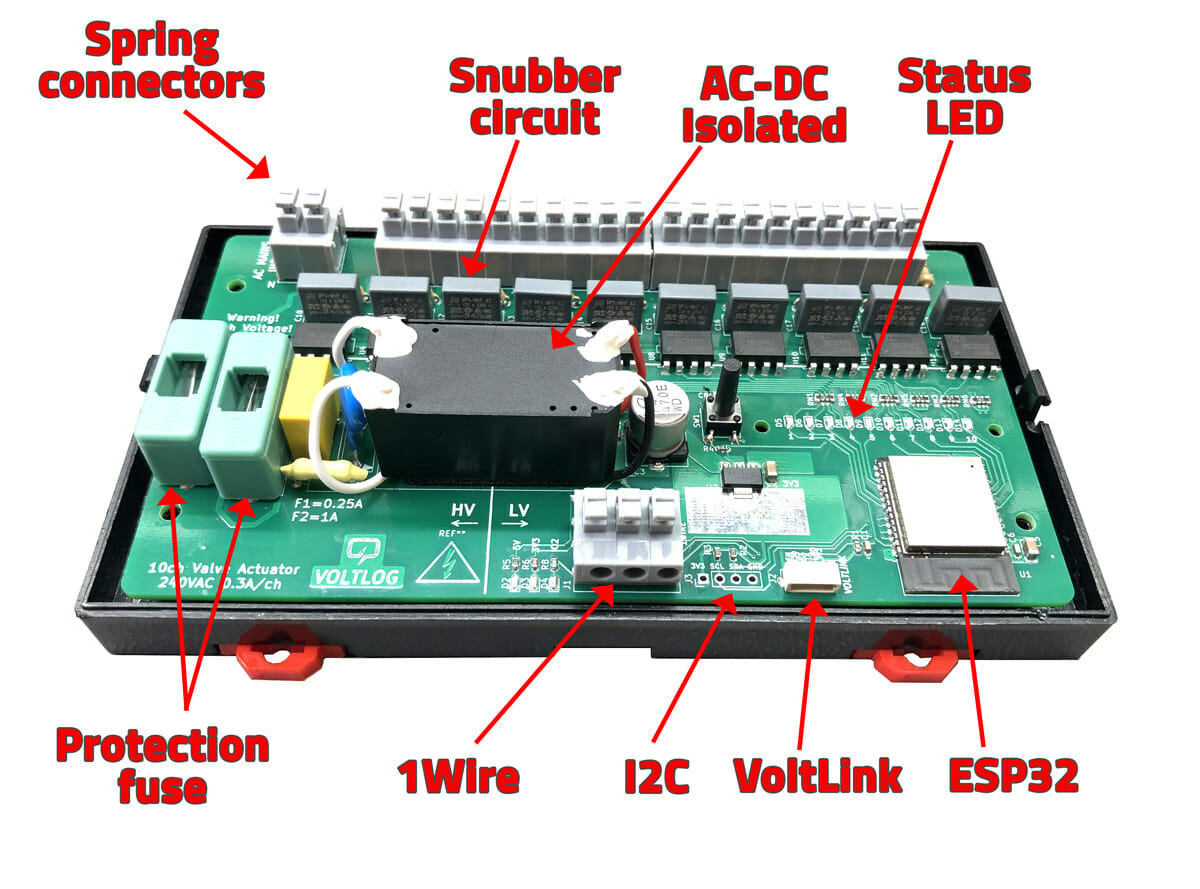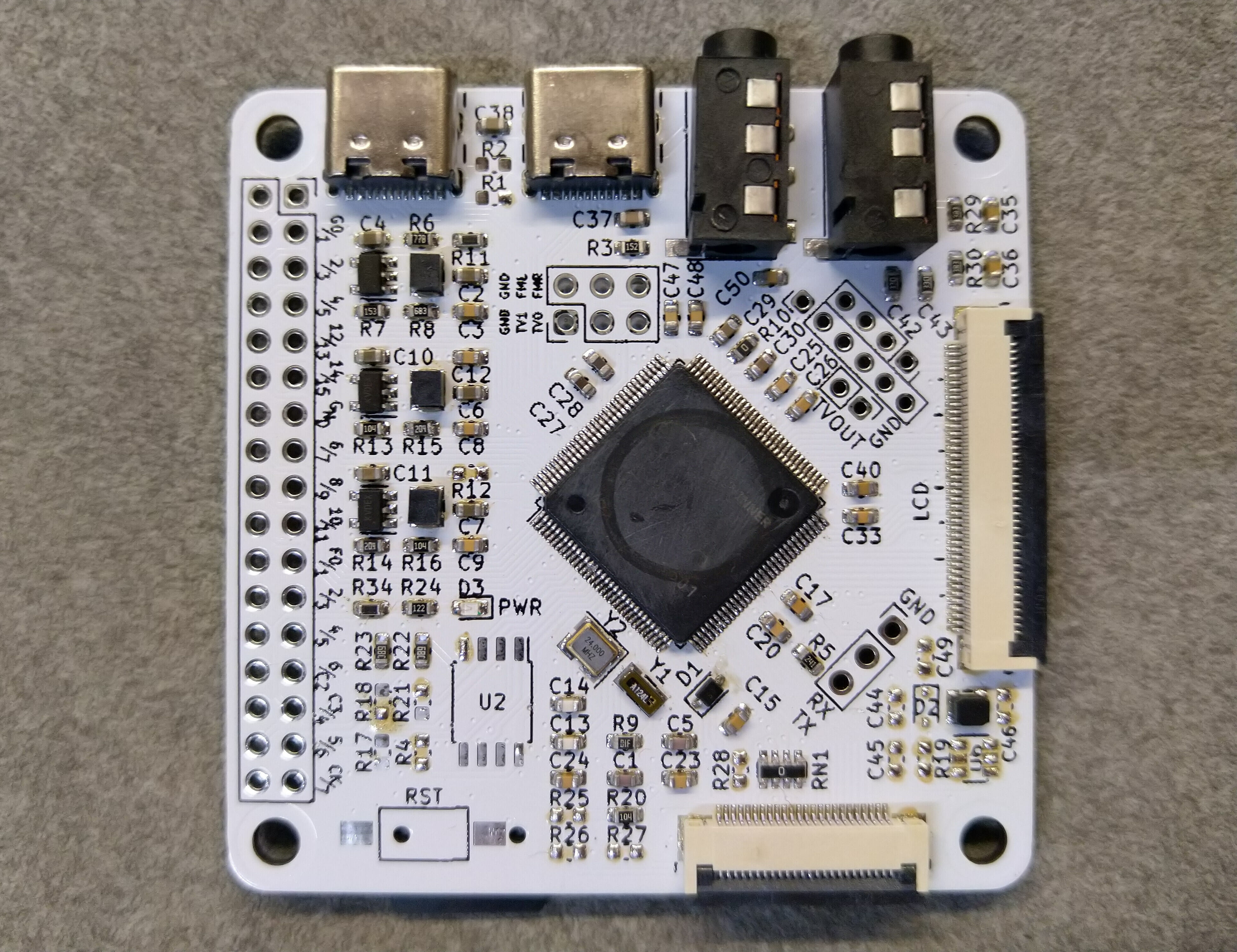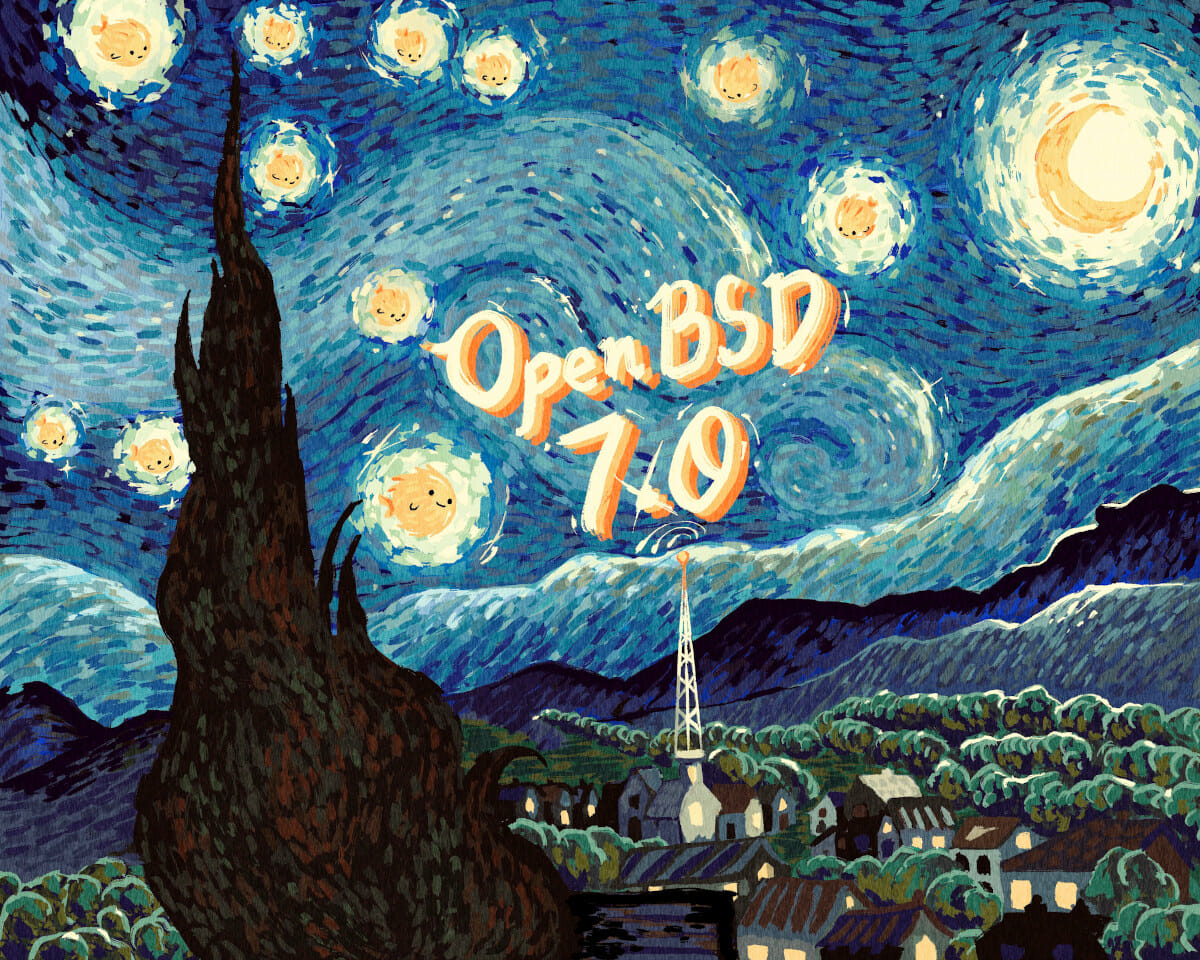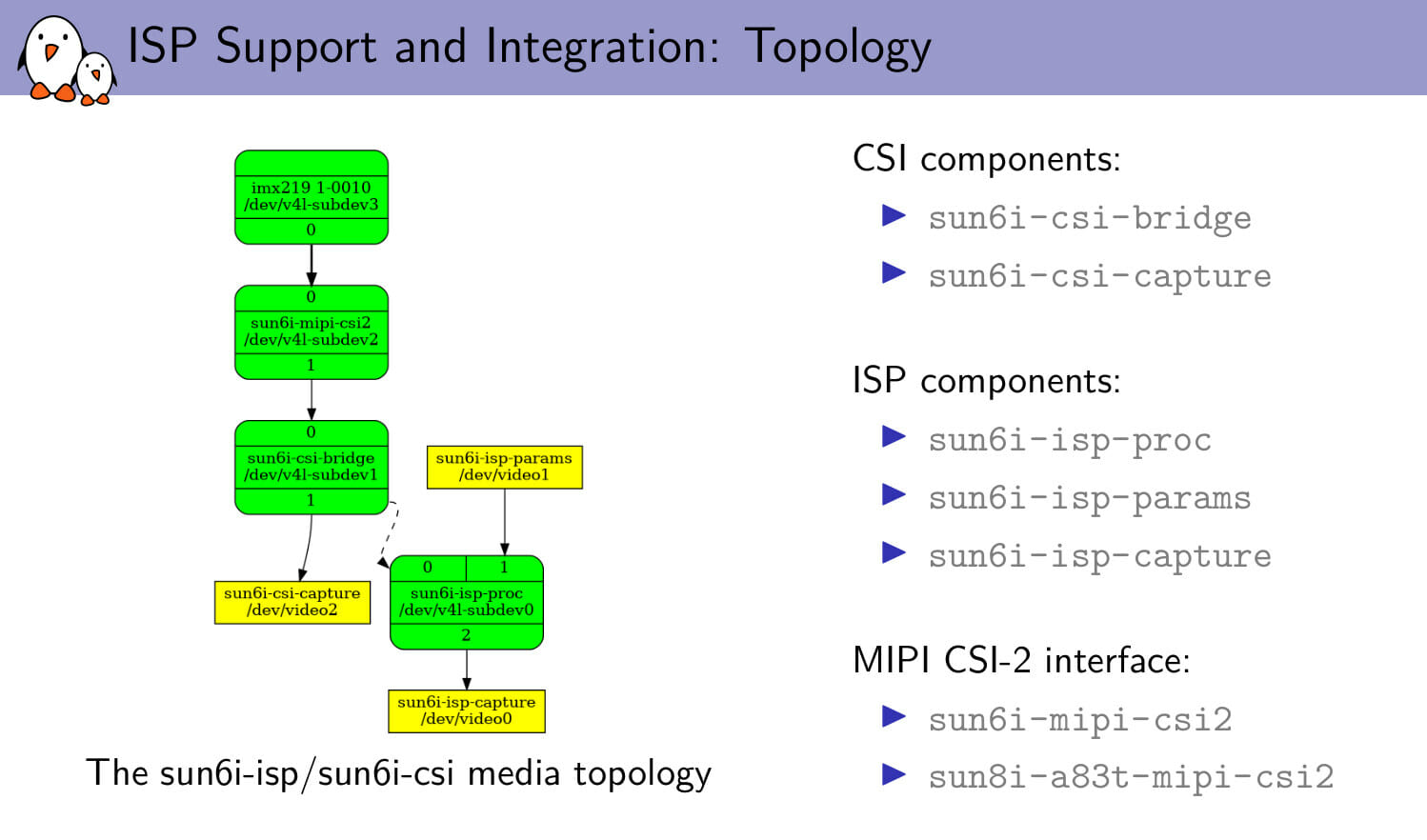Ikea VINDRIKTNING PM2.5 air quality sensor functionality can be augmented with an ESP8266 WiFi board or module, and open-source firmware adding MQTT, or the popular Tasmosta firmware for more features. Out of the box, Ikea air quality sensor simply shows green (good), yellow (ok), and red (not good) colors to indicate the level of pollution with PM2.5 levels. But Sören Beye (Hypfer), who also happens to have developed Valetudo firmware for smart vacuum cleaners, has added a Wemos D1 Mini board to his sensor and developed open-source firmware with MQTT support. You’ll need to open the air quality sensor, and solder three wires between the ESP8266 board and the 5V, GND, and Tx (data) pin from the Ikea VINDRIKTNING mainboard. After flashing the firmware, you still get the original LED indicator plus PM 2.5 air quality data sent over MQTT and WiFi. The update system supports Home Assistant Autodiscovery with […]
10-channel floor heating valve controller supports Tasmota, MQTT, Home Assistant
Voltlog has designed an open-source hardware floor heating valve controller powered by an ESP32 WiFi module making it compatible with Tasmota open-source firmware, and by extension MQTT protocol and Home Assistant automation framework. The board can control up to 10 valves triac controlled outputs and spring connectors for a floor home heating system, and also offers a one-wire srping connector, an I2C header, and safety features with two fuses, although it’s obviously not UL nor TUV certified. Voltlog decided to design his own board instead of buying off-the-shelf solutions because of the high price of such products and the lack of open-source firmware for integration into a home automation server powered by Home Assistant. You can flash firmware to the ESP32 either through a VoltLink USB to Serial converter or you can use your own USB to serial converter module through the on-board JST-SH 1.0mm pitch 6 pin connector. This […]
Build an open source-hardware Allwinner D1s RISC-V Linux SBC for under $10
We covered Allwinner D1s RISC-V processor with 64MB built-in RAM a few days ago, and we’ve just found out about Xassette-Asterisk, an open-source hardware board based on the processor that runs Linux (OpenWrt) and is said to cost less than $10 to make. This is significantly cheaper than the Allwinner D1 based Nezha RISC-V Linux SBC currently sold for a little over $100, a rather poor value. The cheaper board will not quite have the same applications with just 64 MB RAM and no HDMI, but it could be great for projects requiring a camera and/or a display, audio interfaces, plus some I/Os. Xassette-Asterisk specifications: SoC – Allwinner D1s single-core 64-bit RISC-V processor @ 1.008 GHz with 64MB DDR2 Storage – MicroSD card slot, 32 MBit SPI flash (W25Q32 – U2 on the board) Display I/F – 40-pin LCD connector, 6-pin touch panel interface, backlight power Camera I/F – 24-pin […]
Alibaba open sources four RISC-V cores: XuanTie E902, E906, C906 and C910
Alibaba introduces a range of RISC-V processors in the last few years with the Xuantie family ranging from the E902 micro-controller class core to the C910 core for servers in data centers. This also includes the XuanTie C906 core found in the Allwinner D1 single-core RISC-V processor. While RISC-V is an open standard and there’s a fair share of open-source RISC-V cores available, many commercial RISC-V cores are closed source, but Zhang Jianfeng, President of Alibaba Cloud Intelligence speaking at the 2021 Apsara Conference, announced that T-Head had open-sourced four RISC-V-based Xuantie series processor cores, namely Xuantie E902, E906, C906, and C910, as well as related software and tools. Those are not empty words as we can find the RTL for the four cores released on T-Head Semiconductor’s Github account with the first commits having taken place yesterday. Each repository contains the code and instructions to get started, all under […]
OpenBSD 7.0 adds 64-bit RISC-V, improves Apple Arm silicon support
OpenBSD 7.0, the 51st release of the UNIX-like operating system, was outed on October 14, 2021, with the introduction of 64-bit RISC-V support for HiFive Unmatched and PolarFire SoC Icicle Kit boards, as well as further improvements to ARM64 targets, notably for Apple Silicon Macs, although it’s not quite ready for general use yet. You’ll find the complete list of new features and updates on the OpenBSD website, but here are some of the highlights: New platforms – OpenBSD 7.0 add 64-bit RISC-V support Extended platforms arm64 Improvements to Apple Silicon Macs support USB 3, NVMe storage, GPIO driver, power management, etc… Enabled LEDs for the LAN7800 chip as found on the Raspberry Pi 3 Model B+. Added Type-C PHY controller found on the Rockchip RK3399. Implemented multicast support to Marvell ARMADA chips Various other changes to mips64, amd64, armv7, powerpc64 Kernel improvements Enabled dynamic tracker (dt) for GENERIC kernels […]
Android 12 source code pushed to AOSP
Google has now pushed Android 12 source code to AOSP (Android Open Source Project), after introducing Android 12 new features and the developer preview in February, and the first Android 12 Beta in May. The latest version of the mobile operating system should become available on recent Google Pixel phones in the next few weeks, followed by phones from Samsung, OnePlus, Oppo, Realme, Tecno, Vivo, and Xiaomi. You can download the code with the following command :
|
1 2 |
repo init -u https://android.googlesource.com/platform/manifest -b android-s-beta-5 repo sync |
Eventually, there should be an Android 12 tag in the manifest similar to android-12.0.0.0_r1. But that still means developers can start retrieving the source code to adapt the operating system to their needs, for example, to implement support for single board computers or TV boxes that do not use Android TV OS. The release notes for the source code list of the changes made to Android 12 OS including: Support for Android […]
Open-source Allwinner V3 ISP driver to enable blob-free camera support in mainline Linux
Bootlin has just submitted the first patchset for the Allwinner V3 image signal processor (ISP) driver in mainline Linux which should pave the way for a completely open-source, blob-free camera support in Linux using V4L2. There are several blocks in an SoC for camera support including a camera input interface such as MIPI CSI 2 and an ISP to process the raw data into a usable image. Add to this the need to implement the code for sensors, and there’s quite a lot of work to get it all working. Allwinner SDK comes with several binary blobs, aka closed-source binary, but Bootlin is working on making those obsolete, having first worked on Allwinner A31, V3s/V3/S3, and A83T MIPI CSI-2 support for the camera interface driver in the V4L2 framework (and Rockchip PX30, RK1808, RK3128 and RK3288 processors), as well as implemented support for Omnivision OV8865 and OV5648 image sensors earlier […]
Bangle.js 2 JavaScript smartwatch gets an nRF52840 MCU, a new design (Crowdfunding)
The Bangle.js 2 is an upgraded, improved version of the Bangle.js hackable, JavaScript smartwatch based on NordicSemi nRF52832 SoC that was introduced in 2019 with ESPruino open-source firmware. The new watch comes with a new rectangular design, a Nordic Semi nRF52840 SoC that offers four times the RAM, twice the on-chip and external flash, plus an always-on sunlight-readable screen with full touchscreen support, and improved Bluetooth signal strength. Bangle.js 2 specifications: MCU – Nordic Semi nRF52840 Arm Cortex-M4 MCU @ 64MHz with Bluetooth LE, 256kB RAM, 1MB on-chip flash Storage – 8MB flash Display – 1.3-inch 176×176 always-on 3-bit color LCD display (LPM013M126) with backlight, full touchscreen Connectivity Bluetooth 5.0 LE with advertising, central and peripheral mode support GPS/Glonass receiver Sensors Heart rate monitor 3-axis accelerometer, 3-axis magnetometer Air pressure/temperature sensor Misc – Vibration motor Debugging/Programming – Full SWD debug port on the rear of the watch Battery – 200mAh […]


